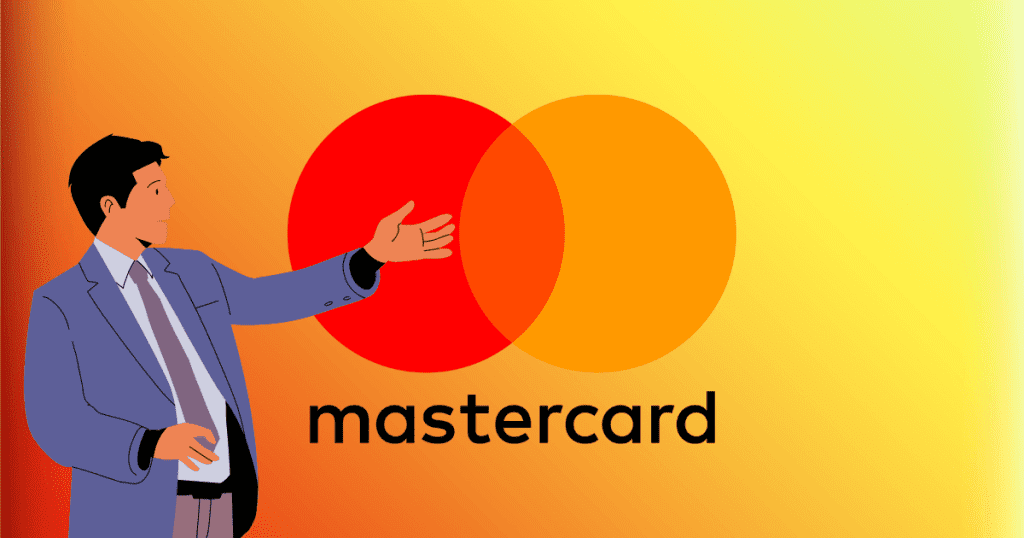Mastercard has made a significant announcement, revealing that it has tokenized 30% of its transactions in 2024. This marks a major leap towards widespread adoption of blockchain technology by the company, signaling its readiness to embrace the changing landscape of financial transactions.
What Does Tokenization Mean for Mastercard?
Tokenization refers to the process of replacing sensitive credit card data with a unique code, or “token,” during transactions. This mechanism keeps the actual card number secret, making it significantly harder for fraudsters to access personal information. It functions similarly to a secret code known only to the user and their bank and utilizes blockchain technology along with private and public keys.
Mastercard has been proactive in this area, processing about 4 billion tokenized transactions each month in 2024. This figure illustrates a dramatic increase since the company’s foray into tokenization over a decade ago.
The rise of cryptocurrencies and stablecoins cannot be overlooked. These digital assets are not just buzzwords; they are emerging as real competitors in the payment ecosystem. Mastercard’s recent filing with the SEC acknowledges this shifting arena, highlighting the disruptive potential these new forms of currency present.
Mastercard Aims to Revolutionize Payments
By delving into tokenization, Mastercard is not merely keeping pace with trends; it is positioning itself at the forefront. The goal is to ensure that as the financial landscape evolves, the company leads rather than plays catch-up.
However, tokenization is just one component of a larger strategy. Mastercard envisions a future where, by 2030, manual card entries and passwords may be phased out in favor of biometric solutions such as fingerprint recognition and facial scanning.
This initiative is not solely about convenience; it also emphasizes security. Online fraud rates are significantly higher than those in physical stores. Mastercard seeks to eliminate reliance on traditional card numbers and passwords, striving to make digital transactions safer for consumers everywhere.
These steps align with a broader trend advocating for digital payments. Contactless transactions, digital wallets, and now tokenization are all moving us towards a future where cash and physical cards could become relics of the past.
With 30% of its transactions already tokenized, Mastercard is laying the groundwork for further innovation. Continued investments in blockchain and other emerging technologies suggest we can expect more initiatives aimed at making payments faster, safer, and more convenient.
Further Reading:
- Strategic Bitcoin reserves are currently being established
- EUR/USD cheered by hopes of peace in Ukraine: Bullish reversal anticipated
- Michael Saylor accumulates BTC: Another company looks to follow suit

Meet William, a proud Bethel University alumnus with a fervent passion for lifestyle and culture topics. His keen interest doesn’t stop there; he’s also deeply engrossed in current events of all kinds. William dedicates himself wholeheartedly to this site, thriving on the collaborative energy he shares with Suzanne, his long-standing partner in crime.
Having navigated their university courses side by side for years, their teamwork on the site is nothing short of dynamic. Together, they bring a unique blend of insights, proving that two heads are indeed better than one in delivering compelling content.














Questions & Answers (0)
Submit your question